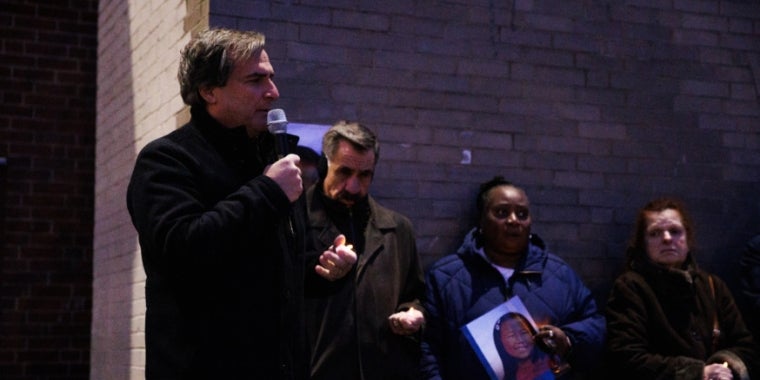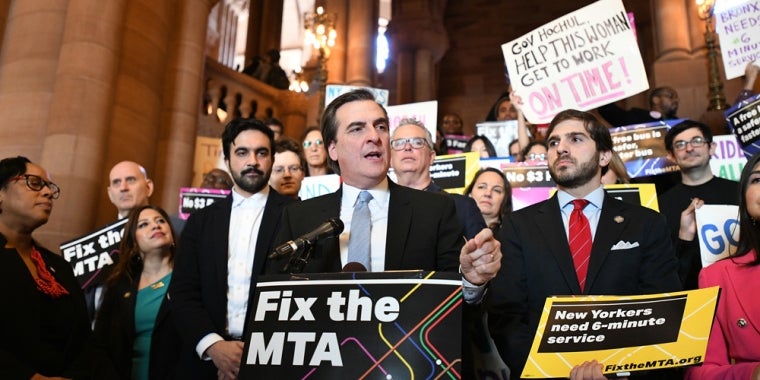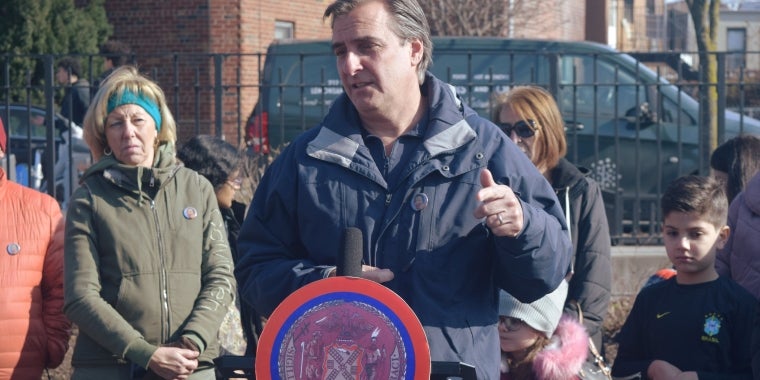
Where Did We Go? Despite Surge In Housing, Other Factors Census Claims Miniscule Gains In Boro
Queens Tribune included an article on the census numbers in this week's publication.
The U.S. Census Bureau released its results of the 2010 Census last week for New York State and the numbers left officials in Queens baffled. Mayor Mike Bloomberg said the city would challenge the results that he said not only undercounted Queens, but Brooklyn as well.
Flat Growth Since 2000
The Census Bureau said Queens' population only increased by 1,343 people since 2000, from 2,229,379 to 2,230,722, a number that left local officials and Queens' residents scratching their heads. The numbers were even far off the Census Bureau's own estimates. In 2009, they estimated the population of Queens to be 2,306,712, more than 75,000 beyond the number they came out with last week. The Census Bureau uses birth, death and migration records based on previous Census' numbers to record its estimates in off-years.
"The figures released by the Census Bureau are absolutely bizarre," said U.S. Rep. Gary Ackerman (D-Bayside). "I know of no neighborhood where there are fewer people than there were in the last Census."
Citywide, New York City registered a population of 8,175,133, an increase of over 2 percent and a new record high, but that's still 200,000 less than the 2009 estimates. In that same time, the city gained 170,000 new homes, meaning if the Census numbers are correct, more than 35,000 of those homes are vacant, which officials say is implausible.
"If the Census numbers are correct, Astoria would be home to rapidly expanding construction on every block and a rapidly shrinking population," said Councilman Peter Vallone, Jr. (D-Astoria). "I guess I spent five years rezoning Astoria to stop the overdevelopment of empty buildings."
In the 2000 Census, Queens reported an increase of 60,000 housing units, and a population increase of more than 250,000 from 1990.
In Queens, the neighborhood that had the biggest drop in population was Astoria, which decreased by nearly 15,000 people, despite the neighborhood being home to one of the borough's booming real estate markets, and its reputation for being a desirable place to live in Queens.
"The Census people have one job every 10 years and they failed miserably," said State Sen. Michael Gianaris (D-Astoria). "The notion that Western Queens lost tens of thousands of people is laughable. If it wasn't so serious an issue, we'd all be laughing."
Read the full article here.



